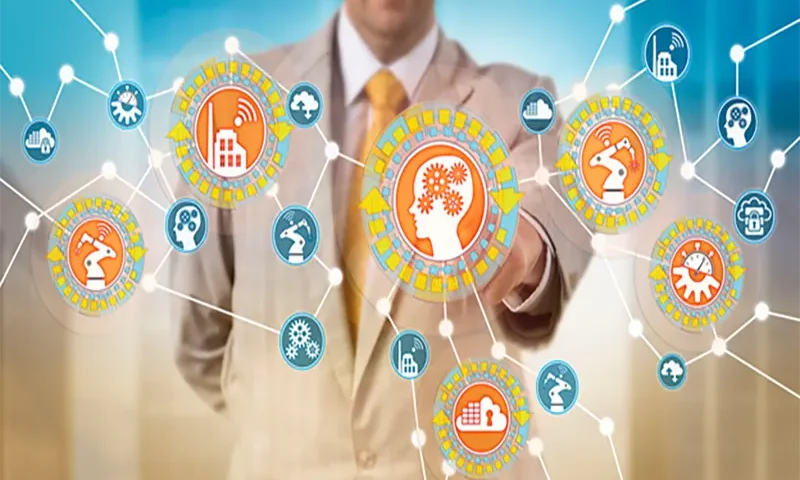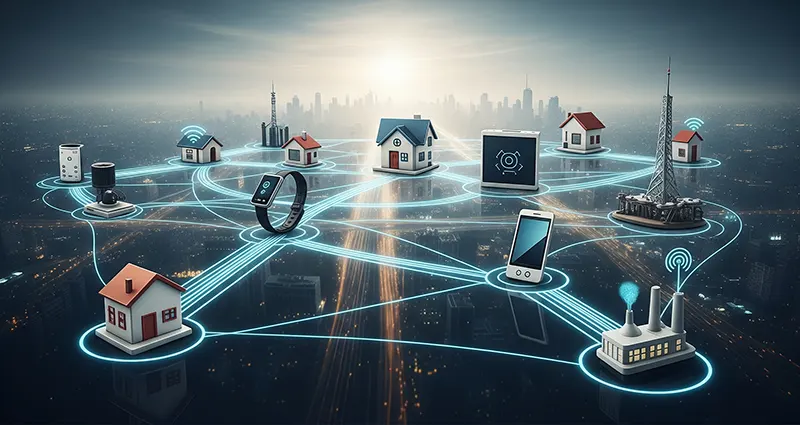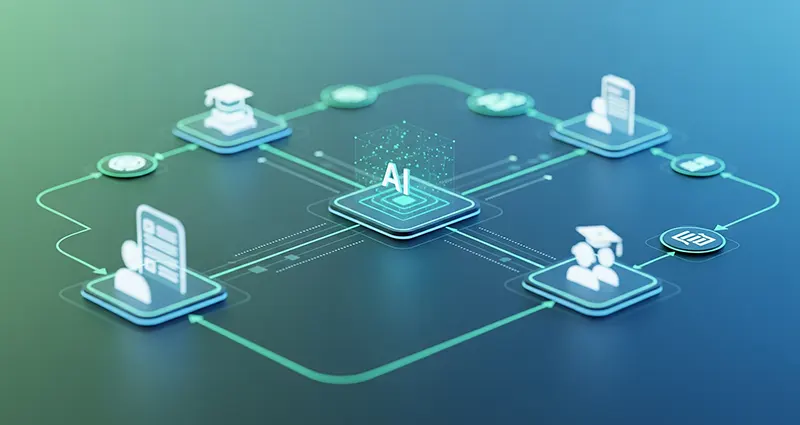How to Use AI to Personalize Customer Experiences at Scale
Before, personalization of customer experiences could only be applied to businesses with limited audiences and loyal teams. Now, AI enables scaling, enabling companies to provide personalized interactions to thousands of customers simultaneously.
With the right strategies using Zaturn, AI can transform generic customer journeys into relevant, meaningful experiences that increase satisfaction, loyalty, and long-term revenue.
Tips for Using AI to Personalize Customer Experience
AI enables companies to deliver personalization at a human level on a scale that was not possible a few years ago. Consider the following.
Analyze customer behavior in real-time with AI
Instantly, AI systems can analyze extensive data on customers’ browsing, purchase, and engagement history, preferences, and patterns. This will enable businesses to know what each customer desires before the customer makes a request.
Live-action analysis helps companies deliver personalized product recommendations, targeted messages, and relevant offers at the right time.
Provide customized content on demand
AI-powered … Read the rest












